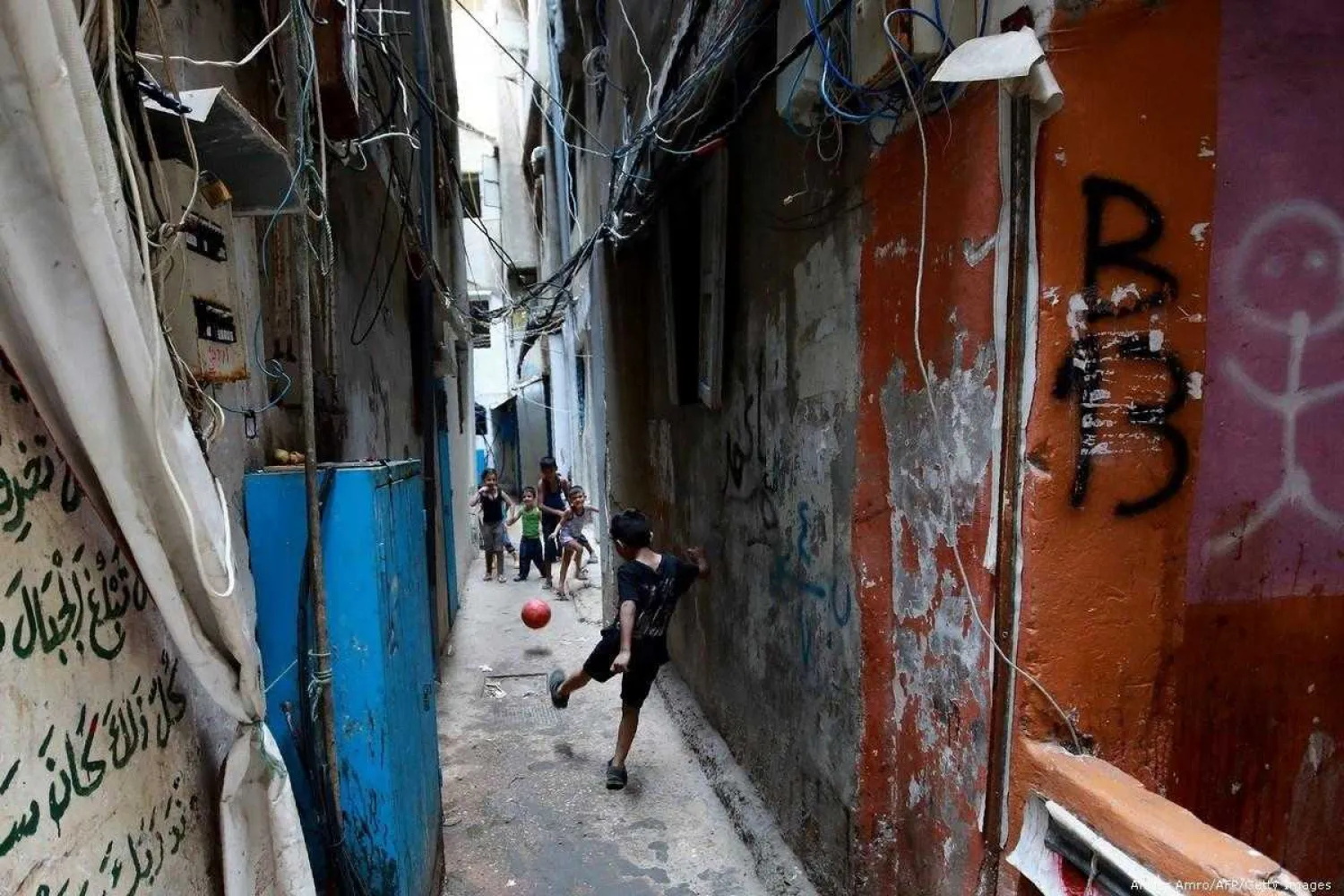Lebanese officials have expressed surprise at the insistence of President Donald Trump's senior adviser and son-in-law, Jared Kushner, to naturalize Palestinian refugees in Lebanon as part of his new plan for peace in the Middle East.
The officials are alarmed by the fact that Kushner claims that integrating Palestinian refugees in Lebanese society could achieve what he called “a fair solution to the Palestinian cause.”
Lebanese political parties hope that Kushner would understand the fragile situation of refugees in Lebanon, and call for “pragmatic” solutions.
They downplayed the statements in which Trump’s son-in-law claimed that the integration of Palestinian refugees would grant them more rights and better livelihoods.
Last week in Bahrain, Kushner unveiled a $50 billion economic plan for the Palestinian territories, Jordan, Egypt and Lebanon.
Asharq Al-Aswat asked former minister Hassan Mneimneh about his position from Kushner’s claims.
“Those statements have been previously made when Kushner explained the Deal of the Century,” he said.
According to Mneimneh, who is the chairman of the Lebanese Palestinian Dialogue Committee, Trump’s adviser ignores the history of the region, including the Arab-Israeli conflict.
“He acts as if the Palestinian cause is a business deal detached from the legitimate rights of a people whose land was taken by force,” the ex-minister said.
“Does Kushner know that the Lebanese Constitution prohibits the resettlement of Palestinians?” he asked, saying all political parties strongly reject their naturalization.
Mneimneh said he called for a meeting of the Lebanese-Palestinian Dialogue Committee next Thursday to discuss results of the Bahrain Conference and Kushner’s insistence to integrate Palestinian refugees in Lebanese society.
There are around 174,000 refugees in Lebanon, according to the latest count provided by the Central Administration for Statistics.
He said around 60,000 Palestinian refugees came to Lebanon from Syria during the eight year war. “Now, there is not more than 22,000,” Mneimneh added.









